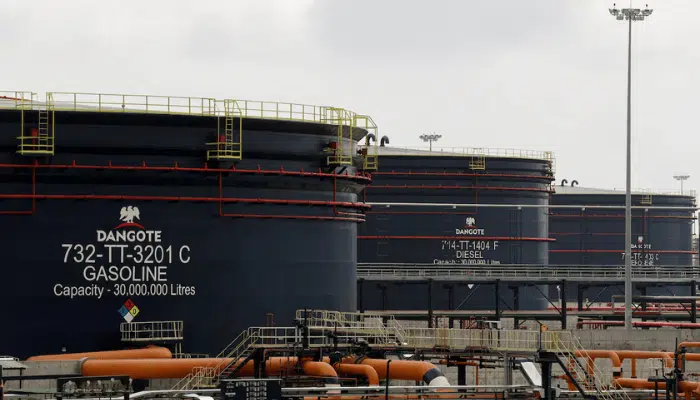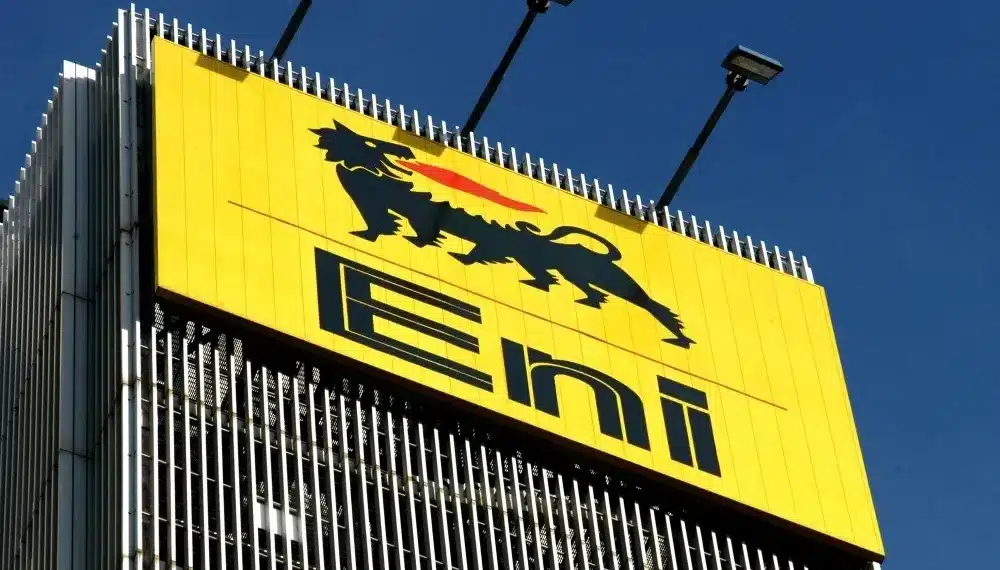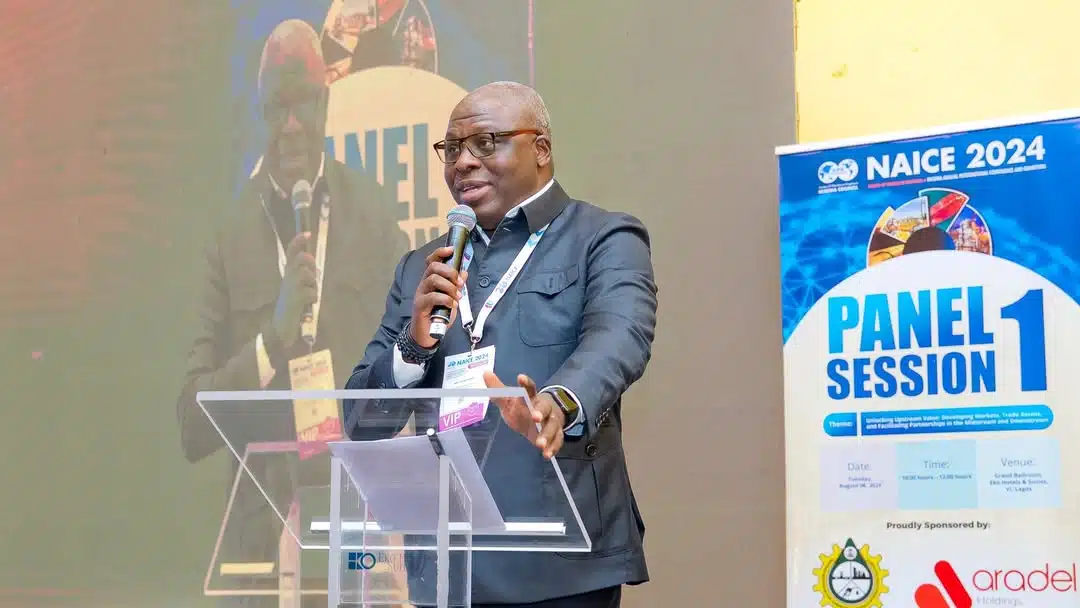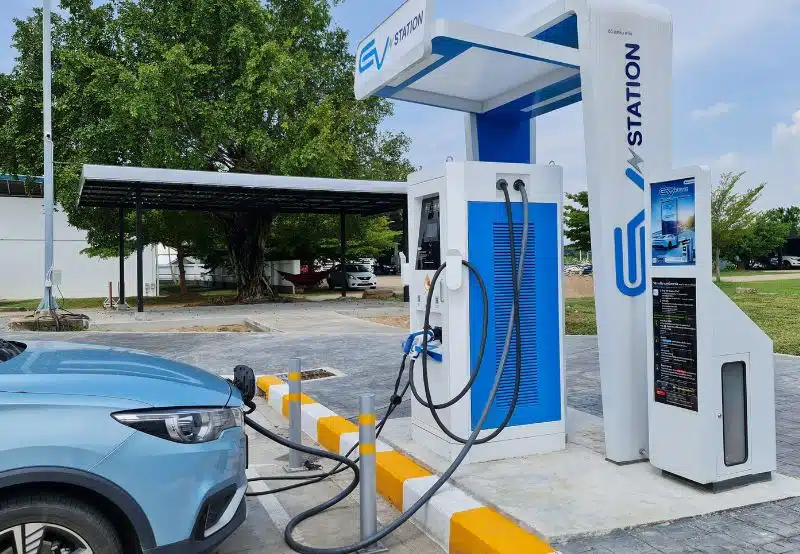The Dangote Refinery, situated in Lagos Nigeria, has commenced production of polypropylene, marking a significant milestone in the nation’s petrochemical industry.
The refinery, owned by the Dangote Group, is designed to process about 650,000 barrels of crude oil per day, making it one of the largest single-train refineries globally.
Beyond fuels like gasoline, diesel, and kerosene, the refinery’s integrated petrochemical complex includes facilities for producing polypropylene.
The polymerization units of the gigantic refinery convert propylene, derived from the refining process, into polypropylene resin suitable for various industrial applications.
Market sources told Platts on March 10, 2025, about the startup of operations at Dangote’s polypropylene facility in Lagos.
The petrochemical plant, capable of producing 900,000 tons per year of assorted polypropylene, is one of the last outstanding milestones for the integrated oil refining complex in its commissioning sequence, which has been taking place since January 2024.

This development will help cater to Nigeria’s annual polypropylene import market, which is valued at approximately $267.7 million.
Polypropylene imports into Nigeria peaked in 2022 at $407 million.
In the first quarter of 2024, the National Bureau of Statistics (NBS) said the country imported N99.6 billion worth of polypropylene, the 12th most imported product during the period.
The primary suppliers of the product to Nigeria between 2023 and 2024 were Saudi Arabia, South Korea, South Africa, China, and Vietnam—covering 90% of supplies.
Polypropylene, a versatile thermoplastic polymer, is extensively used in various applications, including packaging, textiles, automotive components, and consumer goods.
Last year, the Dangote refinery hinted at its potential entry into the polypropylene market. Aliko Dangote, president of the group, said:
“Let me assure you of one thing, Nigeria from October will not import any more polypropylene, which used to be about a quarter of a million tons,” he said. “No more imports of polypropylene.”
“We will satisfy the market 100 percent,” said Dangote. “This is so because these industries that are struggling and having to go and look for FX that they will not get and still have to keep stock for four or five months because it’s not easy shipping, clearing, and whatever, can buy as they need,” Dangote added.
Before the Dangote Refinery’s entry into polypropylene production, Nigeria relied heavily on imports to meet growing domestic demand, leading to substantial foreign exchange expenditure.
Local production of polypropylene has now started, with supplies being distributed in 25 kg bags, already threatening to upend the domestic market, two market sources told Platts, part of S&P Global Commodity Insights.
One trade source said that the Dangote Group began preemptively offering polypropylene supplies as early as February.
A company representative was not immediately available for comment.
Dangote Group CEO Aliko Dangote previously set out hopes that the complex would fully cover some 250,000 mt/year domestic demand for polypropylene, which is commonly used in plastic packaging, synthetic fibres, chemical additives, and more.
Once fully operational, the Dangote facility is set to become Africa’s largest polypropylene production site, producing from two polypropylene units with capacities of 500,000 mt/year and 330,000 mt/year.
Market participants have warned that the new capacity could quickly capture market share in the existing local polypropylene homopolymer market, which has so far been controlled by the Indorama Eleme Petrochemical plant in Port Harcourt.
In the Nigerian downstream oil market, the giant privately owned Dangote complex has so far shown an ability to significantly undercut local producers, triggering steep discounts in the petrol retail market from state oil company NNPC Limited.
The refinery is expected to run at full capacity this March.
It has already substantially displaced traditional trade routes for oil products that would typically flow from Europe to West Africa.
As Nigeria’s NNPC struggles with outages at the newly restarted Port Harcourt and Warri refineries, the Dangote refinery is serving a growing share of the domestic market.
Industry analysts highlight that this development could lead to more stable pricing and supply of polypropylene in the Nigerian market, generating employment opportunities across various sectors like manufacturing, logistics, and retail.
Moreover, the availability of locally produced polypropylene is likely to stimulate growth in downstream industries, enabling innovation and competitiveness.









